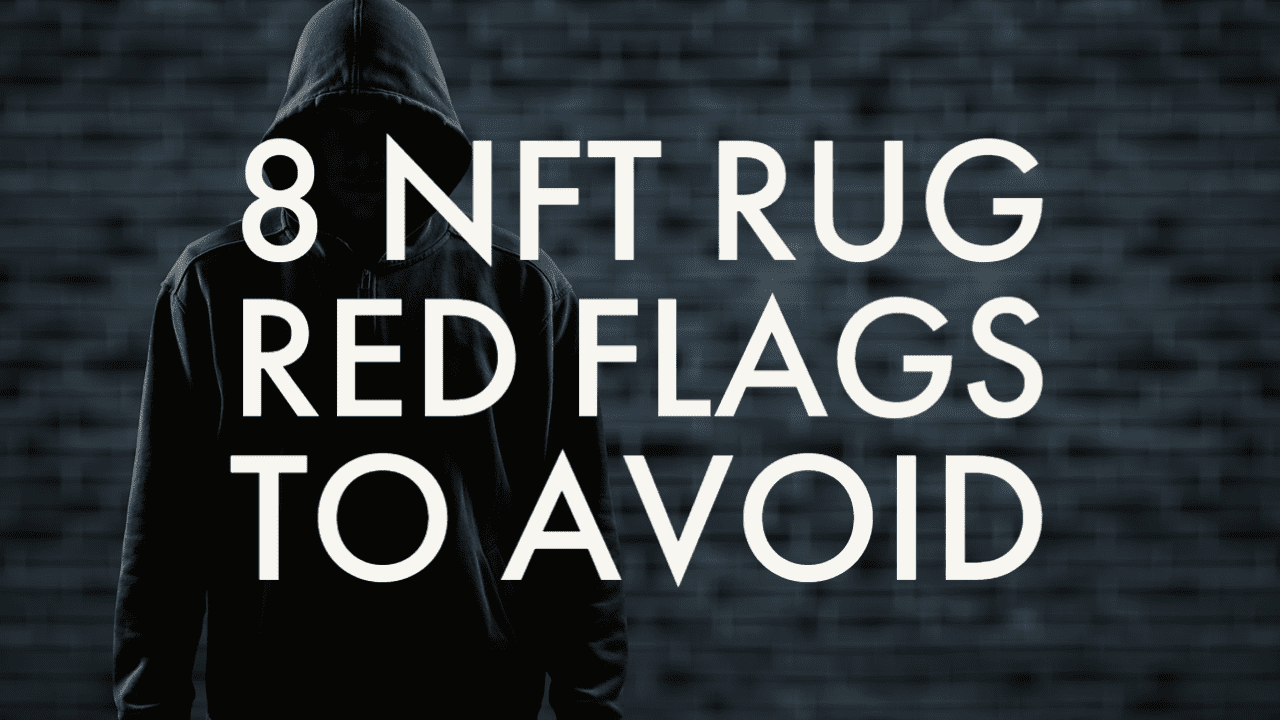Quick take:
- The RTFKT-focused trademark applications expand upon the classes of goods and services that Nike has previously filed trademarks for.
- The new trademark applications are for MNLTH, Loot Pod, Space Pod, PodX, and D.A.R.T X.
- RTFKT-related trademark filings specify protection against counterfeiting, tampering, and diversion.
Nike has filed a series of new trademark applications with the U.S. Patent and Trademark Office (USPTO) for goods and services related to virtual sneaker studio, RTFKT, which it acquired in December.
The new trademark applications expand upon the classes of goods and services that Nike has previously filed trademarks for in October last year, which includes its famous “Just Do It” slogan and Swoosh logo.
The still-pending trademarks applications from last year cover “downloadable virtual goods” (Class 9), “retail store services featuring virtual goods” (Class 35), and “entertainment services, namely, providing on-line, non-downloadable virtual footwear, clothing, headwear, eyewear, bags, sports bags, backpacks, sports equipment, art, toys and accessories for use in virtual environments” (Class 41).
While the company’s previous trademark applications are solely for Nike’s branded marks, the sportswear giant’s latest trademark filings are for RTFKT’s marks. These include MNLTH, Loot Pod, Space Pod, PodX, and D.A.R.T X, which are all NFT and metaverse assets tied to RTFKT.
The MNLTH mark is being used for Nike and RTFKT’s first-ever NFT of a co-branded virtual box while the Loot Pod, Space Pod and Pod X marks are used for virtual spaces for holders to display their “most precious Metaverse loot.”
Applications for RTFKT’S marks include the following classes:
- “Trading cards” (Class 16)
- “Sports bags, backpacks, duffle bags, tote bags, gym bags, drawstring pouches.” (Class 18)
- “Clothing, namely, jerseys, pants, shorts, t-shirts, shirts, sweatshirts” (Class 25)
- “Sports balls; basketball; footballs; soccer balls; toys.” (Class 28)
- “Custom manufacture and custom 3D printing for others; custom physical manufacture of digital footwear, apparel, headwear, bags, backpacks, masks, jewelry, sports equipment, digital animated and non-animated designs and characters, avatars, digital overlays, skins, art, toys, trading cards and digital collectibles.” (Class 41)
- “Providing non-downloadable computer software for production, automated and non-automated creation, and automated and non-automated modification of interactive media, video clips, photography, music, data, visual effects, digital collectibles or crypto-collectibles associated with NFTs.” (Class 42)
- “Leasing of digital content, including but not limited to digital content associated with non-fungible tokens; leasing of reproduction rights of digital content, including but not limited to digital content associated with NFTs.” (Class 45)
Unlike Nike’s Class 9 trademark application which covers downloadable virtual goods, RTFKT’S Class 9 trademark application covers “providing mobile software applications for authentication using blockchain-based software technology; providing mobile software applications and technology solutions for the purpose of product and document authentication and tracking, and brand monitoring and protection, to protect against counterfeiting, tampering, and diversion, and to ensure the integrity of genuine products and documents.”
These new trademark filings may indicate that Nike is planning to leverage RTFKT’s consumer interest by selling RTFKT-branded physical goods tied to virtual ones.
This may also be the sportswear titan’s attempt at legally covering all its intellectual property bases, especially as the company is currently in a legal dispute with StockX over the online retailer’s unauthorised sale of sneaker NFTs.
Stay up to date:
Credit: Source link









